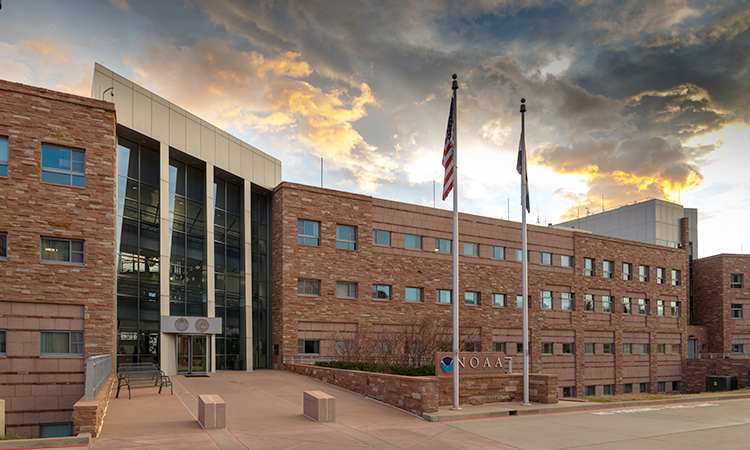A .gov website belongs to an official government organization in the United States.
A lock () or https:// means you've safely connected to the .gov website. Share sensitive information only on official, secure websites.

A few months ago the NASA Tropospheric Composition Program (TCP) completed the six-week long integrated field observation portion of the Korean and United States-Air Quality (KORUS-AQ) Campaign. KORUS-AQ is a collaborative investigation between NASA and the Korean National Institute of Environmental Research (NIER) to better understand the factors controlling air quality in the region. From the NASA point of view, the overarching goal of KORUS-AQ is to improve our capability for satellite remote sensing of air quality. Working with our KORUS-AQ partners, NASA also aims to help update the region's emissions inventories and improve air quality model simulations so that they can be used to provide appropriate guidance to the Korean government. Looking to the near future, NASA TCP hopes to partner with NOAA FIREX, BLM/JFSP FASMEE, and NSF WE-CAN field campaigns as much as possible to better understand the impacts of biomass burning on air quality and health. NASA TCP is also actively preparing for the geostationary Tropospheric Emissions: Monitoring of Pollution (TEMPO) satellite which aims to observe the daytime temporal evolution of several trace gases (most notably NO2, O3, HCHO) over North America. TEMPO could play a unique role in a national integrated air quality observing system and efforts to prepare for the assimilation and application of TEMPO data products will be another important part of the TCP research portfolio.
Barry Lefer is the NASA Tropospheric Composition Program manager.
ALL Seminar attendees agree not to cite, quote, copy, or distribute material presented without the explicit written consent of the seminar presenter. Any opinions expressed in this seminar are those of the speaker alone and do not necessarily reflect the opinions of NOAA or CSL.